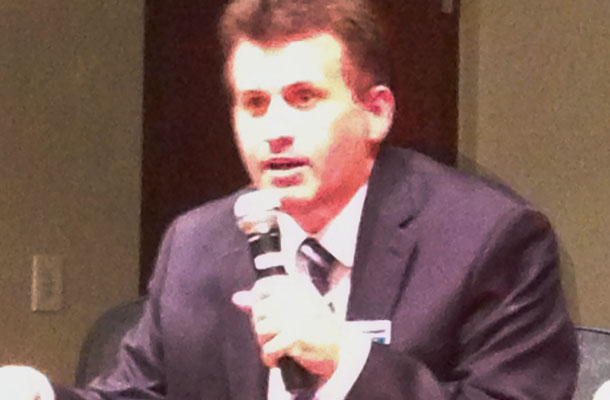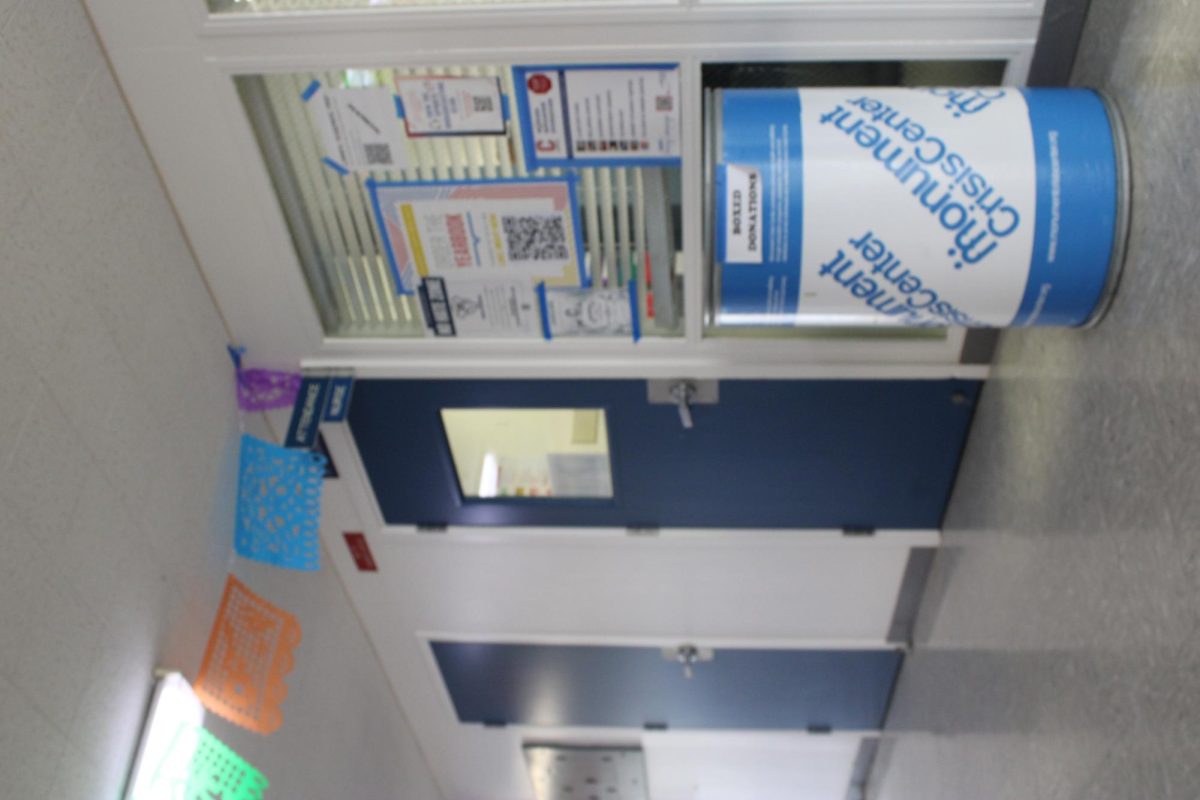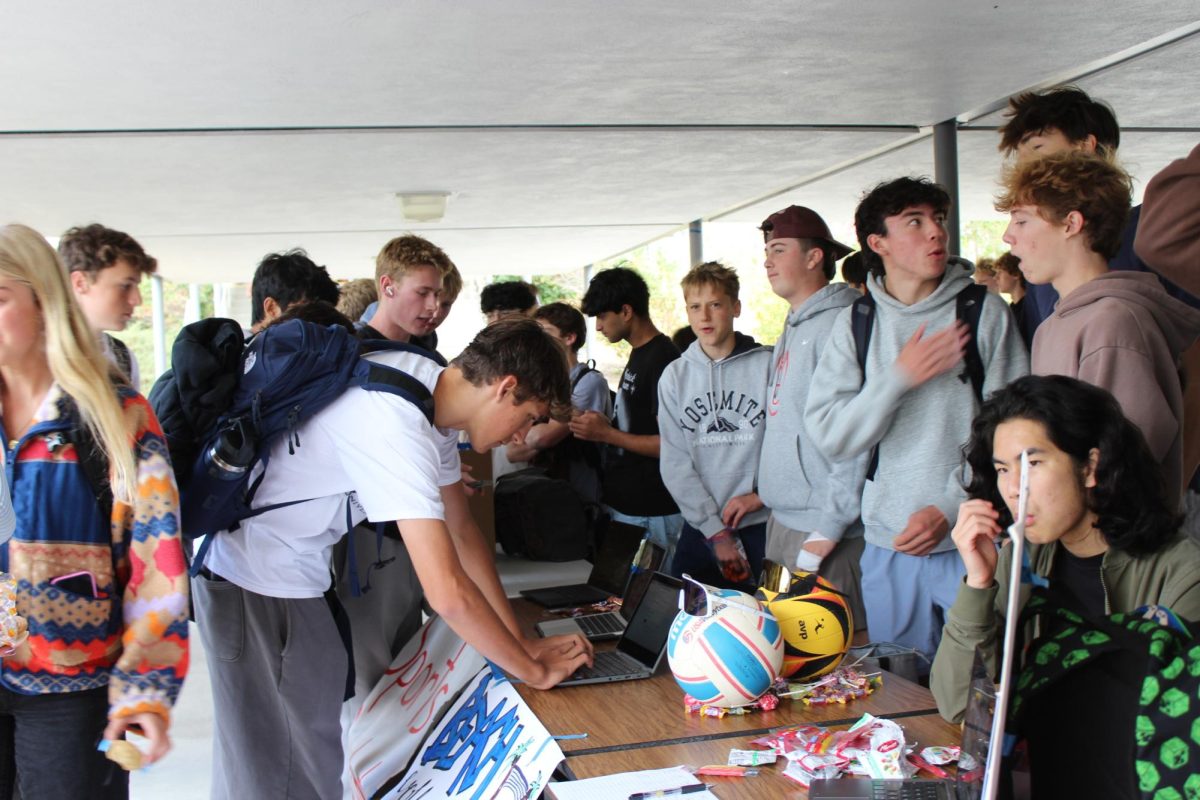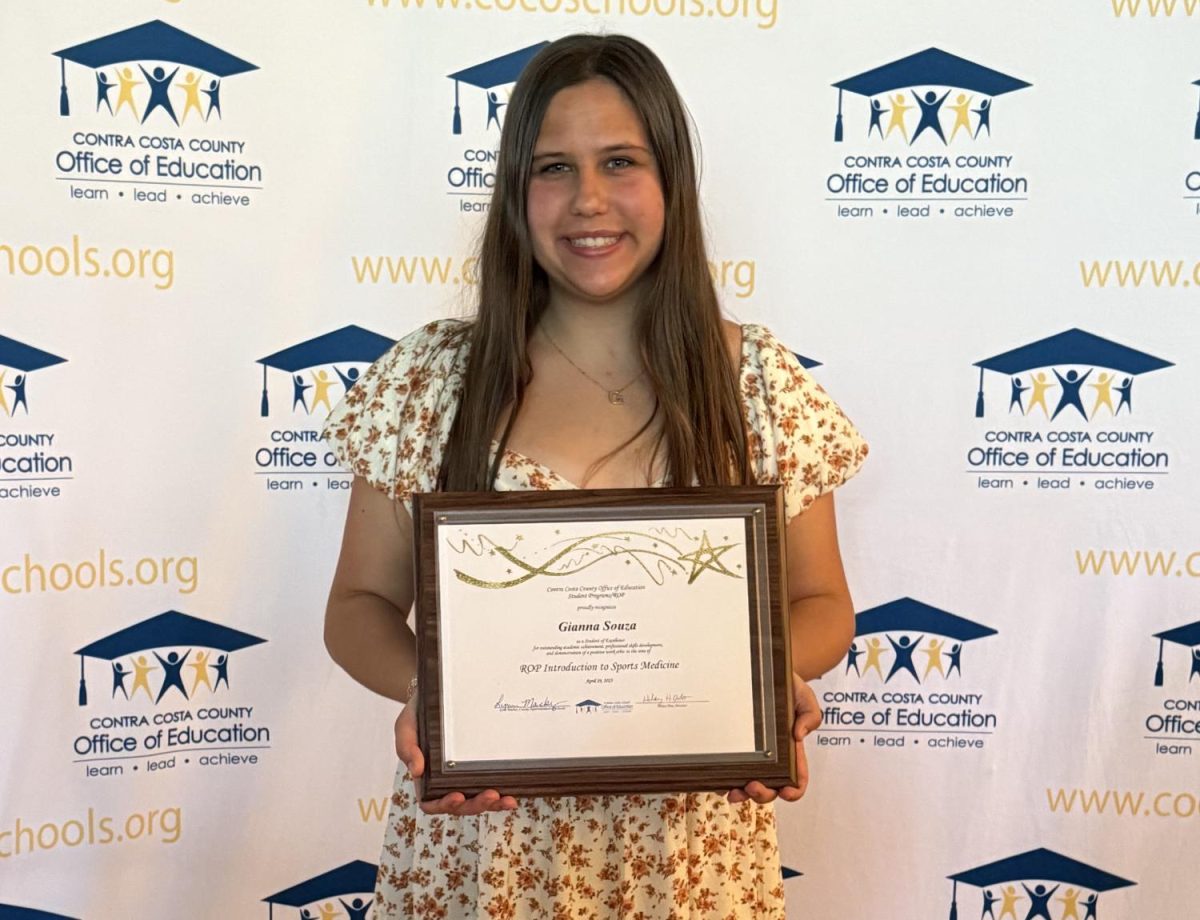The Lamorinda Democrats Club welcomed Assemblywoman Susan Bonilla (D-Concord) and Craig Cheslog, Principal Advisor to the State Superintendent of Public Instruction, to host a panel on the future of Science, Technology, Engineering, and Mathematics (STEM) in public education on Friday, October 11. The event was hosted in the Lafayette Library’s Community Hall.
Prior to the panel, the hosts were introduced by club president Katie Ricklefs and were asked to give a brief speech on why STEM education is so vital to public instruction.
Bonilla, who represents California’s 14th district spanning Contra Costa and Solano counties, holds STEM close to her heart. Her daughter, a science teacher, had first hand experience with the failures of public education to ignite her passions in these fields.
The most prominent educational issues facing this generation, according to Bonilla, range from preschool all the way to university. Public education especially is in need of a change. “The goal is that students will be engaged in their own education. We’ve used a 1950’s educational model for too long. I tell adults this all the time, if you had to go sit in a high school classroom for a block period and listen to someone talk at you, you wouldn’t want to go back either,” said Bonilla. “We need students to come in to be active learners.”
Bonilla stressed the need for flexibility and engagement in schools as well as more education with real life skills, like cooperation and planning. “They need to interact with their education so that it becomes relevant to their lives, ” Bonilla said. “But if you don’t want to learn or you don’t like the method you’re being taught, it’s not going to happen.”
Californian students must be prepared when it comes to the STEM fields, since about 17% more jobs in these occupations will be opening up in 2018, according to Bonilla.
The current standards of education simply do not make the cut, and California should be looking to take a new direction in the training of its students, according to Bonilla. Bonilla’s part in creating this new future was realized in California State Assembly Bill 484, signed into law by Governor Jerry Brown earlier this month. The bill eliminated most of California’s standardized tests and replaced them with the Smarter Balanced Assessments, based off of the new federal Common Core curriculum.
She also spoke about the STEM Task Force, a select committee in the state assembly created by Bonilla and Superintendent of Public Education Tom Torlakson. The Task Force has 3 goals, according to information released the California Department of Education, including exploring the current status of STEM education in the curriculum, teaching practices, as well as the relationships with businesses and communities, monitoring the state’s future needs, and creating better ways to integrate STEM into schools as a route to future careers.
Cheslog, speaking from the position of Torlakson, likewise noted the need for a reform in California’s current system. Many obstacles that lay in the path of innovation, including the federal government and US Secretary of Education Arne Duncan’s opposition.
Duncan, according an article in the Washington Post earlier this year, did not approve of the California state legislature’s decision to eliminate the old standardized tests before the new ones were ready. Thus, a gap year between standardized tests was created. Duncan fears the lack of accountability will be detrimental to students’ growth.
Cheslog disagreed, feeling that it would be pointless to administer old tests based on an old curriculum. Once these obstacles have been removed, Cheslog says “California will once again lead the nation in sanity.”
The panel then opened up for discussion, with Ricklefs moderating. Bonilla and Cheslog took questions from attendees for about 20 minutes. Lamorinda community members, whether they were students or retirees, were all encouraged to participate.
Senior Amberlie Kaiser, who asked a question about the impact the curriculum would have on disadvantaged areas, was one of the few students who attended the event. Kaiser appreciated “when [Bonilla] started talking about getting girls into STEM fields.” Kaiser “knew it was a problem when I went into it, and if she didn’t get to it I would’ve asked questions.” A US Department of Commerce found that in 2009, only 24% of STEM jobs are held by women.
Kaiser, though she found the panel discussion interesting, did not feel all the problems with the current system were addressed. “I never agreed with standardized testing, but I’d like to see them not just dismiss them, but break them apart and see what is working and what is not,” she said.






